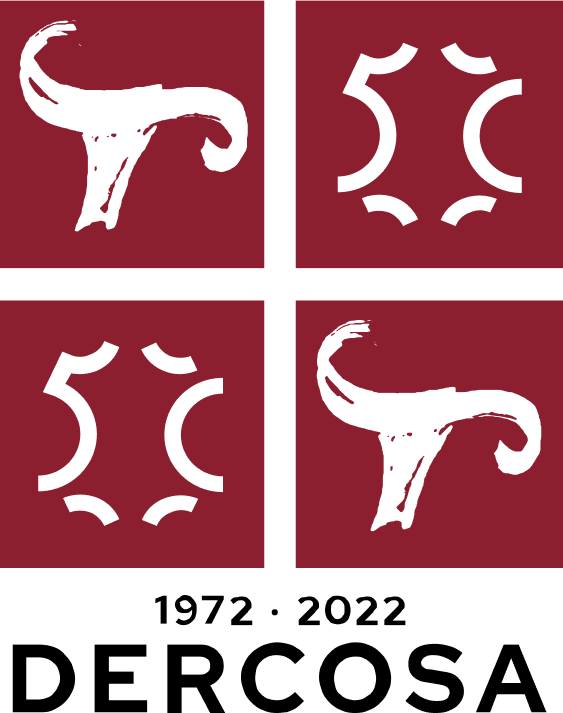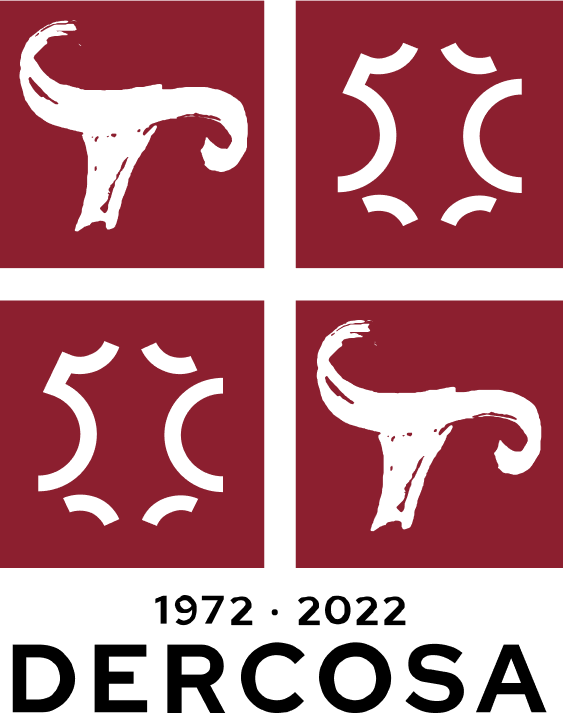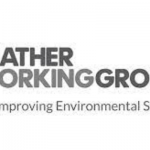We are very pleased to inform that today the Trade and Investment Barriers Report was presented by the Commissioner for Trade Cecilia Malmström, and the success story related to our company has been presented in the European Comission press conference with the below information:
Spanish tannery regains access to the Indian leather market
The company
DERCOSA is a Spanish producer of leather for the footwear, belt and leather goods industries. Founded in 1972, the company was created with the intention of generating value with the by- products of the meat and leather industry. By now, DERCOSA has become an established and significant bovine split suede specialist with a respectable international clientele and a vast product range.
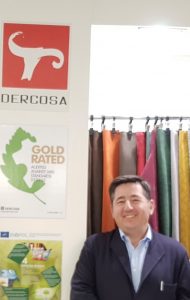 Pablo Rios Navarro, Chief executive of DERCOSA
Pablo Rios Navarro, Chief executive of DERCOSA
Market access issue in India: Mandatory veterinary certificates for leather imports
In the summer of 2018 India introduced a new requirement, according to which all imports of leather products became subject to a sanitary certificate, including bovine split suede. This is highly unusual in this industry, as the EU and various other partners normally request a sanitary certificate only for raw hides and skins. For further processed leather goods, the veterinary certificate is usually not required as such products have undergone an irreversible process transforming the raw hides and skins into tanned products. Therefore, the Indian requirement to request a veterinary certificate for such leather goods was unjustified, as no veterinary would issue such a certificate.
This measure undoubtedly posed a major problem for our entire company, taking into account that India is one of our most important export destinations. We needed a quick solution.
EU’s Market Access Partnership obtains exclusions
Relying on the EU’s reinforced Market Access Partnership, we did not hesitate to report the barrier as soon as it emerged, allowing the EU to start its barrier removal strategy immediately. The EU Delegation and the Spanish Embassy in New Delhi did not spare any effort to convey our concerns to the Indian authorities on all relevant occasions, insisting that the barrier should be removed without any delay. These resolute actions eventually contributed to India’s decision to exclude no less than thirteen leather product categories from this burdensome certification requirement. This has paid immediate dividends for our company as our goods, previously blocked at the border, were finally released. This effectively means that we could continue to export our products to India and increase our market presence. This is a successful first step that the EU’s Market Access Partnership has already delivered, while the European Commission has continued to insist that a similar solution should be implemented for all remaining leather products.
The view of the industry
According to COTANCE, the European confederation of the Leather Tanning Industry, the sector mainly consists of micro, small and medium sized enterprises, concentrated in rural areas where tanning often constitutes the only economic activity. This important sector employs 50,000 people in over 3,000 companies across the EU with a turnover of nearly € 8 billion. The association provided the following comment on the story:
”When our association member DERCOSA informed us about this market access barrier, we immediately turned to Market Access Partnership for help, flagging this issue to the Commission and Spanish authorities. As a result of their firm support, DERCOSA is now one of the many companies in our sector benefitting from the removal of this barrier, allowing the resumption of EU exports for a number of leather products. In the wake of the continued rise in protectionism, we will continue to take full use of the EU’s Market Access Partnership, should any other barriers emerge for our industry.”
